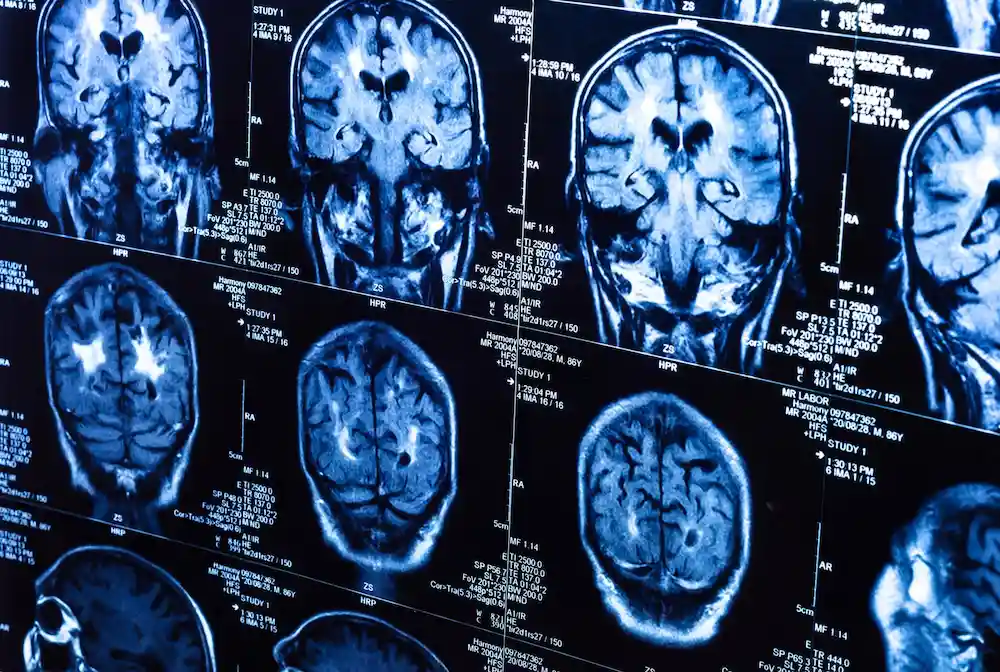Portland Traumatic Brain Injury Lawyer
Need a Portland traumatic brain injury accident lawyer for a traumatic brain injury?
If you or a loved one suffered a TBI in an accident involving Uber, Lyft, or another rideshare driver—whether as a passenger, pedestrian, or another motorist—you may be entitled to compensation. Rideshare accident claims involving brain injuries can be especially complex, but Etemi Law has the experience to guide you through it. We’re committed to helping TBI victims get the justice and compensation they deserve.
Call us today at (203) 409-8424 for a


Understanding Traumatic Brain Injuries (TBI)
A traumatic brain injury (TBI) occurs when a sudden jolt, blow, or impact causes the brain to move rapidly within the skull. This movement can result in chemical changes, bruising, or damage to brain tissue. Even mild trauma—known as a mild traumatic brain injury (MTBI)—can lead to lasting effects, sometimes without immediate signs such as loss of consciousness.
Common Causes of TBI
TBI can happen in many everyday situations, including:
- Rideshare Accidents – Sudden impact from Uber or Lyft collisions, especially rear-end crashes, can cause the brain to jolt violently.
- Slip and Fall Accidents – Striking the head on the ground during a fall can lead to significant brain trauma.
- Sports Injuries – Contact sports like football, boxing, and rugby are common causes of concussion and TBI.
- Motorcycle Accidents – Especially in Connecticut, where helmets aren’t required for all riders, these crashes can be devastating.
- Pedestrian Accidents – Pedestrians struck by vehicles often suffer TBIs due to direct impact.
- Product-Related Injuries – Falling merchandise or faulty safety equipment (like airbags) can cause head trauma.
- Birth Injuries – Trauma during delivery can result in infant brain injuries with lifelong consequences.
Why TBI Cases Are Complex
Brain injuries are often called “invisible injuries” because their symptoms may be subtle, delayed, or misdiagnosed. TBIs can affect memory, mood, concentration, and even personality. Because of the complexity of these cases—especially when involving multiple parties, such as in rideshare accidents—it’s critical to have a legal team that understands both the medical and legal challenges involved.
How Etemi Law Can Help
At Etemi Law, we are committed to helping victims and their families get the compensation they need for recovery and long-term care. Our experienced team will:
✅ Thoroughly investigate the cause of the brain injury
✅ Work with medical experts to document its full impact
✅ Handle negotiations with insurance companies and responsible parties
✅ Take your case to trial if necessary to fight for full compensation
Don’t Wait — Protect Your Rights
If you or a loved one has suffered a brain injury due to a rideshare crash or another type of accident, it’s crucial to act quickly. You deserve a legal team that will stand by your side and fight for the justice and financial recovery you need.
📞 Call us at (203) 680-8080
📧 Email us or fill out our Free Case Evaluation Form to schedule your free consultation today.
In the narrow farm country off Route 17, Portland’s fields squeeze roadways and slow-moving tractors meet commuter pickups in blind dips. I’ve toured these farm lanes and seen how low sun and crop rows create dangerous sightlines for drivers and operators alike, turning what feels like a routine trip into the kind of impact that causes traumatic brain injury. Families here know the tempo — long driveways, gravel shoulders, and sudden stops.
At the edge of town, Brownstone Exploration & Discovery Park draws weekend ATVs, cliff-jumpers and contractors loading equipment; those recreational clusters and quarry edges change the injury profile from low-speed rollovers to penetrating head trauma. Morning fog rolling off the Connecticut River can erase sightlines on side roads, complicating scene assessment and increasing the frequency of delayed or complex extrications that concern first responders.
Emergency response in Portland funnels most acute cases to the Middlesex Hospital Emergency Department, a lifeline but several minutes away when narrow lanes and farm equipment choke local arteries at harvest. I investigated transfer logs and found that interfacility moves — often to Hartford or New Haven for neurosurgical care — are frequent after stabilization, which shapes how families and clinicians plan for long inpatient stays and staged rehabilitation.
Post-acute patterns in Portland often mean a patchwork of outpatient neurorehabilitation, home-based therapy and occasional transfers to regional centers; rural address and equipment limitations influence how quickly a patient resumes work on farms or returns to school. My reporting found caregivers juggling miles, scheduling and medical records to coordinate occupational therapy, speech and cognitive rehab — an ordinary act of community resilience that follows extraordinary injury.
